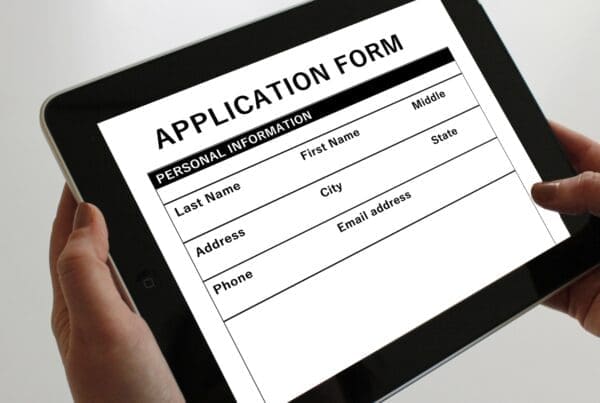The 18th of October marks World Menopause Day, an annual event which seeks to raise awareness around the symptoms of the menopause and associated health and wellbeing topics. The whole month of October is additionally designated as Menopause Awareness Month by the World Health Organization (WHO), meaning now is the perfect time to consider how your workplace can play its part.
Menopause Awareness Month 2023 will focus on the link between the menopause and cardiovascular health.
What is the menopause?
According to the NHS, the menopause typically occurs in women between the ages of 45 and 55 but can happen earlier or later. The lead up to the menopause, known as the perimenopause, can begin as many as 10 years before the menopause itself, meaning women below the age of 45 could well be experiencing symptoms in the workplace.
While each woman will experience perimenopause and menopause differently, common symptoms include brain fog, mood swings, anxiety, and hot flushes. These are caused by changes in hormone levels within the body.
Why is it important to recognise the menopause within the workplace?
Perimenopause and menopausal symptoms can have an enormous impact on how someone behaves and performs at work, in addition to impacting on relationships at home with friends and family members. In recent years, several high-profile women have spoken out about their experiences of perimenopause and the menopause, helping to remove some of the stigma around the topic, but many women will still suffer in silence.
Raising awareness of the menopause within the workplace can make it easier for those who are struggling with their symptoms to seek help and support.
Ideas to raise awareness
- Host an awareness session: The easiest way to break the stigma around any topic is to speak about it openly and offer resources for those who’d like to develop their understanding. A company-wide awareness session can provide a comprehensive overview of the menopause, while also helping to reduce the stigma around conversations about the menopause. There are several health practitioners who specialise in the menopause and can provide training within a corporate setting. The Royal College of Physicians has a helpful guide to Menopause in the Workplace if you plan to run sessions internally.
- Make digital resources available to all: There’s a wealth of high quality digital resources available online covering many different aspects of the menopause. Consider creating a digital library or archive to live on your internal server or staff intranet, where those interested in doing so can access helpful resources. The NHS has a good basic overview here while leaflets, whitepapers and toolkits are available via the International Menopause Society and the British Menopause Society. BUPA also has a host of free resources in its hub here.
- Create a menopause policy: If you don’t already have a policy related to the menopause within your health and safety or HR documentation, consider drafting one now. BUPA advises managers to cross-reference sick leave and flexible workplace policies and update them if necessary to ensure the needs of those experiencing the menopause are being met. Within this policy, you may want to outline how your business can support those experiencing the menopause with an overview of reasonable accommodations, from offering desk fans and appropriate ventilation to help with hot flushes to flexible working hours or work from home policies when symptoms are distressing or debilitating.
- Create a support group: A formal or informal support group can help those experiencing the perimenopause or menopause speak more freely about their experiences, and access help when needed.





